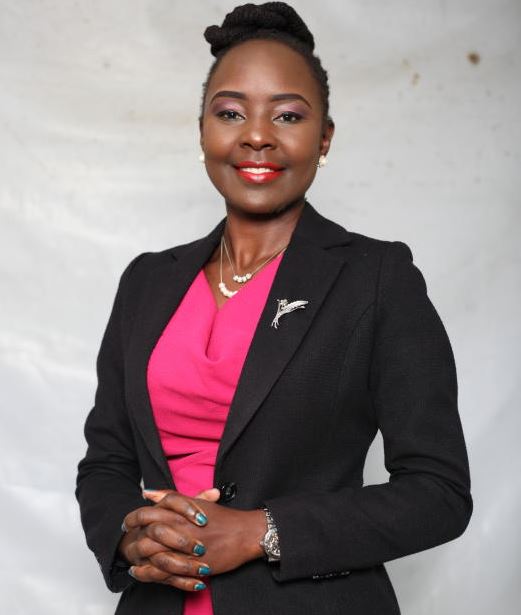×
The Standard e-Paper
Stay Informed, Even Offline

Dr Mercy Korir has lived true to the adage; hard work pays. Four years since she joined the Standard Group as a journalist, she has become a go-to voice in medical journalism.
She is an authority in the newsroom, be it on TV, radio, print or online, a feat which sets her apart. Imparting medical knowledge is a passion fellow journalists benefit from often.